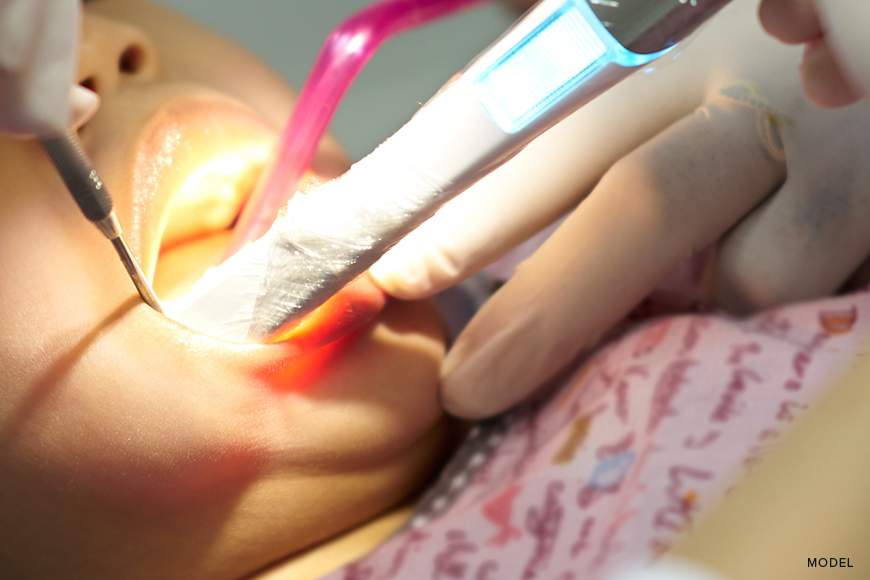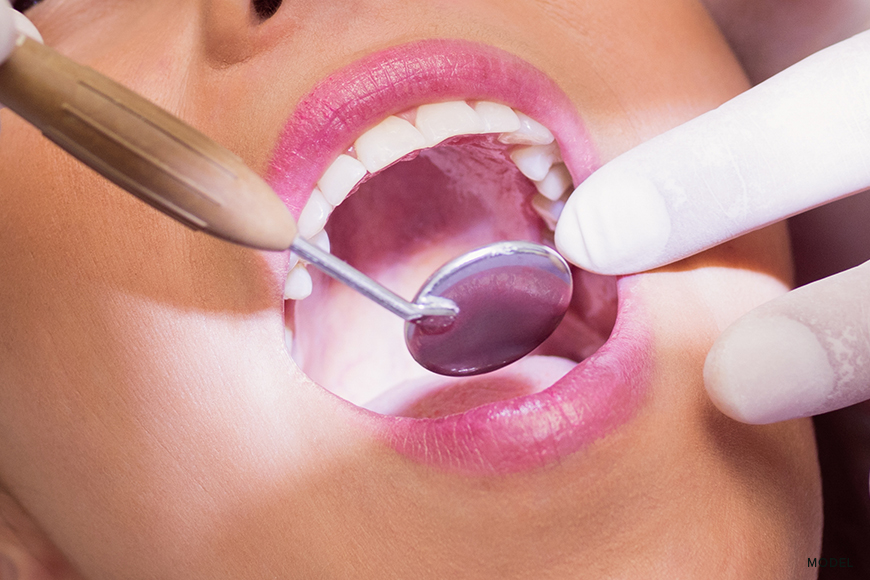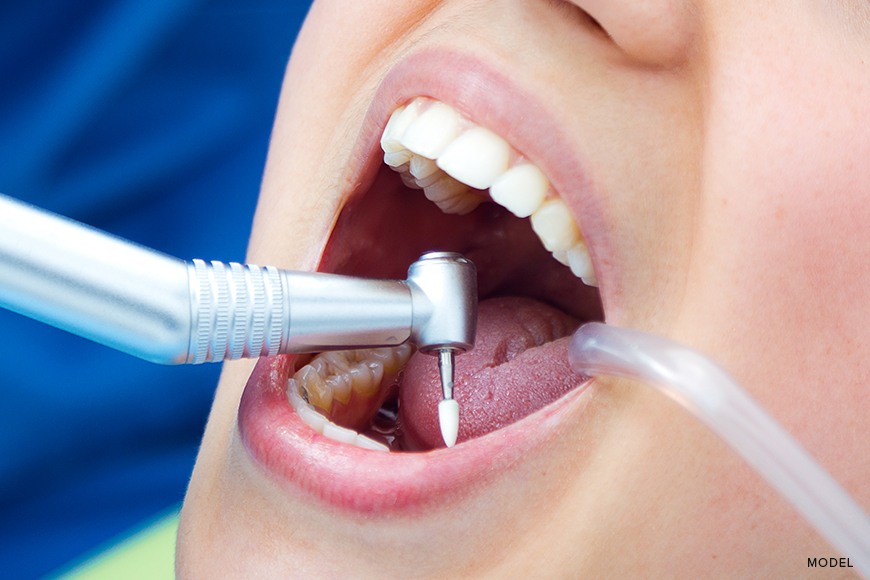Tooth worms might sound like something out of a medieval horror story. Their existence has been debunked by modern dentistry so no, there aren’t real actual worms in your teeth. The term is a mere metaphor for the holes that can form in your teeth from dental problems such as cavities and tooth decay.
In this comprehensive guide, we will explore what tooth worms signify, the common dental problems they represent, and how to effectively address them.
What Are Tooth Worms?
Tooth worms, historically believed to be real parasites, were thought to burrow into teeth and cause pain and decay. Today, we understand that tooth worms are not actual creatures, but a metaphorical representation of dental problems such as cavities, gum disease, and tooth decay.
Recognizing the Signs
Identifying tooth worm-like symptoms is crucial for early intervention. Look out for:
- Toothache and Sensitivity
If you experience persistent toothaches or heightened sensitivity to hot and cold, it could be a sign of underlying dental issues. - Bad Breath
Foul-smelling breath may indicate the presence of oral infections or decay. - Gum Bleeding and Swelling
Inflamed and bleeding gums are common symptoms of gum disease, another issue associated with “tooth worms.”
Prevention and Treatment
- Maintain Excellent Oral Hygiene
Regular brushing, flossing, and mouthwash use are fundamental in preventing dental problems that mimic tooth worm symptoms. - Regular Dental Check-ups
Scheduling routine dental check-ups allows your dentist to catch dental issues early and provide timely treatment. - Dietary Habits
Limiting sugary and acidic foods can help prevent tooth decay, a common “tooth worm” problem.
Common Dental Issues Linked to Tooth Worms
- Cavities
Tooth decay and cavities can be likened to “tooth worms” as they gradually erode tooth structure. - Gum Disease
Periodontal problems, such as gingivitis and periodontitis, can lead to gum bleeding and discomfort. - Tooth Erosion
Acid erosion, often caused by acidic foods and drinks, can mimic the damaging effects of tooth worms.
Effective Strategies to Get Rid of Tooth Worms
- Dental Fillings
For cavities and tooth decay, dental fillings are used to restore the damaged tooth structure. - Periodontal Treatment
Gum disease can be treated through various methods, including scaling and root planing. - Tooth Restoration
In cases of severe tooth erosion, crowns and veneers can restore the tooth’s appearance and function. - Oral Hygiene Education
Dentists educate patients on proper oral hygiene practices to prevent future dental problems.
Recognizing the signs and seeking prompt treatment is essential for maintaining optimal oral health. By maintaining excellent oral hygiene, attending regular dental check-ups, and making smart dietary choices, you can effectively prevent and treat dental problems that mimic the effects of “tooth worms.”
Tooth worms were an old belief about the cause of dental issues, but today, expert care at Madison Dentistry & Implant Center ensures your smile stays worm-free! Book your consultation for modern, effective dental solutions and maintain a radiant, worm-free grin!
FAQs
1. Are tooth worms real creatures? No, tooth worms are not real creatures. They are a historical metaphor for dental problems like cavities and gum disease.
2. How can I prevent tooth decay? To prevent tooth decay, maintain good oral hygiene, limit sugary and acidic foods, and visit your dentist regularly.
3. What should I do if I experience a toothache? If you have a toothache, consult your dentist for a proper diagnosis and treatment plan.
4. Can gum disease be reversed? Yes, dental X-rays can be done safely with proper shielding to protect the baby.
5. Is tooth erosion reversible? Tooth erosion caused by acid exposure can be managed, but the lost tooth structure cannot be fully restored. It’s essential to prevent further erosion through dietary changes and dental care.





